
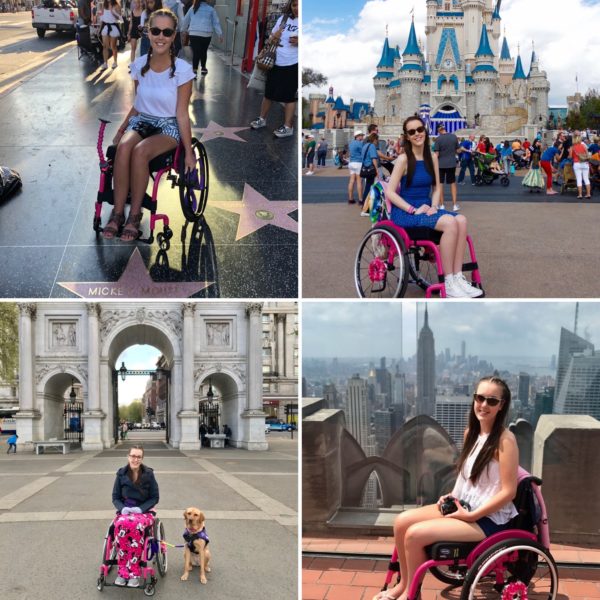
Navigating the world in a wheelchair can be challenging, regardless of the diagnosis, but it gets easier with time. Allowing you to gain more confidence and better communicate your needs, but this doesn’t happen overnight.
One of the ways I learned to stop dwelling on the negatives was by changing my perspective and focusing on the positives. More specifically, finding ways to continue experiencing things I enjoy. So, for anyone struggling with a similar issue, here are five insights to get you started. Although these examples may seem insignificant when compared to the medical challenges we face, finding something to smile about, even for a second, can make a big difference to your mental well-being.
Life on wheels is not as fast-paced as it may seem. Our physical limitations often result in certain elements within our daily living taking more time. Whether it’s learning to transfer in and out of your wheelchair independently, even if it's quicker with support, waiting for a busy lift or disabled toilet in public places, or having to take the long way around when crossing the road just because there is no dropped curb - the list is endless!
After becoming disabled in my late teens, I struggled with waiting and relying on caregivers. Before this, I was used to being independent and moving quickly, so adjusting to a new way of life was very difficult. It's frustrating not being in control of the timing and order of our activities. However, I learned the importance of communicating my frustrations with those around me, which made things a little easier. You also develop patience, which is a valuable life skill!
If you require assistance from a carer to visit a public place, attraction, or experience, you should be entitled to a discount. This could take the form of either the individual purchasing a standard priced ticket while their company attends free of charge, or both paying a reduced ticket price. The decision on the nature of the discount is at the discretion of the venue. So don't forget to ask for access information if it's not readily available to avoid paying full price for both tickets.
Such exemptions can often make you feel guilty, especially when other customers have paid a considerably higher price. But try to remember that to qualify for such discounts, you must be unable to attend without support. For instance, I rely on my caregiver not only to accompany me to and from an event but also to ensure my safety, give me my medications, and assist me with using the toilet. There have been several occasions when my companion had to miss a significant part of a performance or experience to take care of my needs. So, please don't feel guilty about seeking discounted companion tickets. They are available for a reason, which is to help you experience something without having to worry about the additional costs associated with needing support.
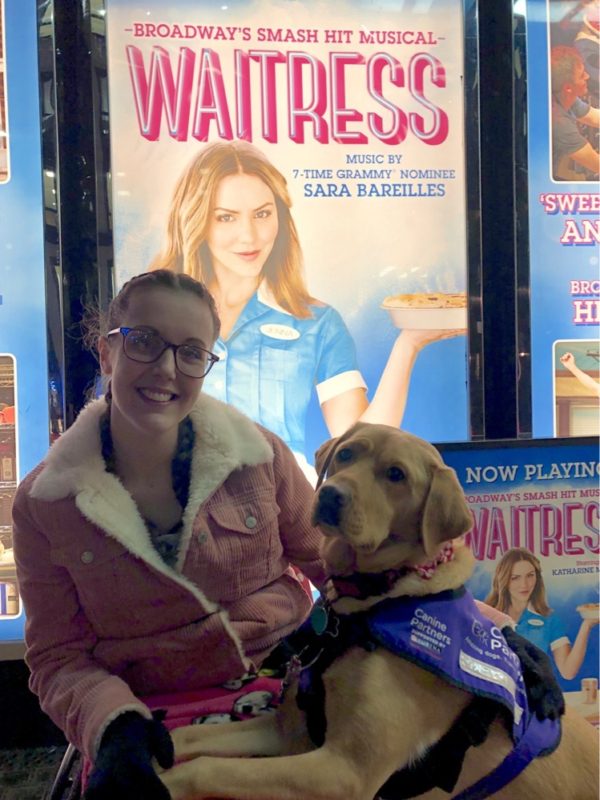
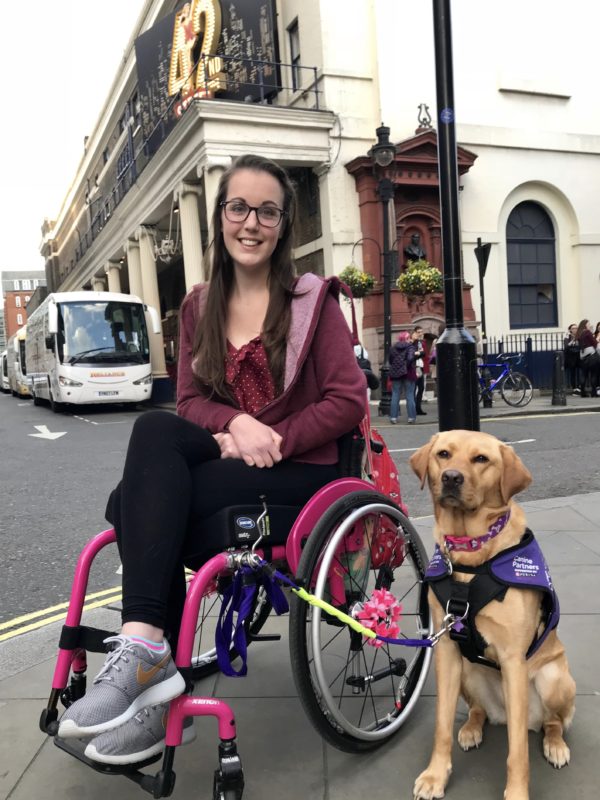
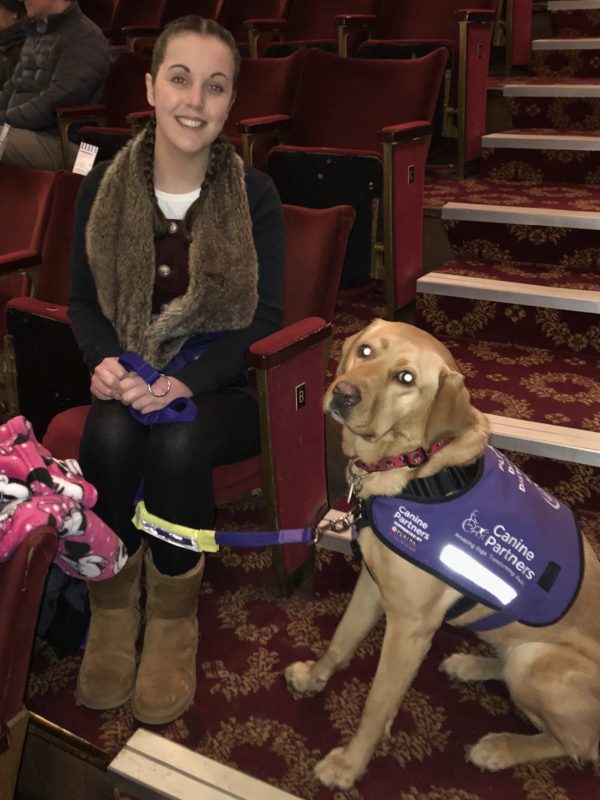
In the UK, there are physical card that acts as a way to easily communicate your access requirements to events and venues in a discreet manner. The card shows a photo ID and effectively highlights the barriers you face and the reasonable adjustments you might need. For instance, my card indicates that I use a wheelchair, need a companion, have an assistance dog, and may require immediate access to a toilet. Allowing me to discreetly request assistance without needing to carry various forms of exemption when attending crowded events or public places.
Access Card is a very popular example, as it works online with other platforms like ticketing systems, to unlock the access facilities you need. Alternatively, if you require a companion to any cinema in the UK, you can apply for a CEA Card that provides carers with free admission. I love both options because they have made many trips and experiences more affordable and enjoyable for me and my caregiver.
Queue jumping can be a controversial topic within the disability community. I greatly appreciated being able to skip the 2-hour queue for passport control at Boston Airport, bypass long lines at Disneyland, and receive priority access at popular tourist attractions such as the Shard in London, and the Empire State Building in New York. But if I could trade places with someone in the standard queue and no longer have a disability, then I absolutely would! But sadly, that is not possible. Plus, with very few spoons to spare, many wheelchair users would be unable to enjoy such activities if it meant using all their energy to queue.
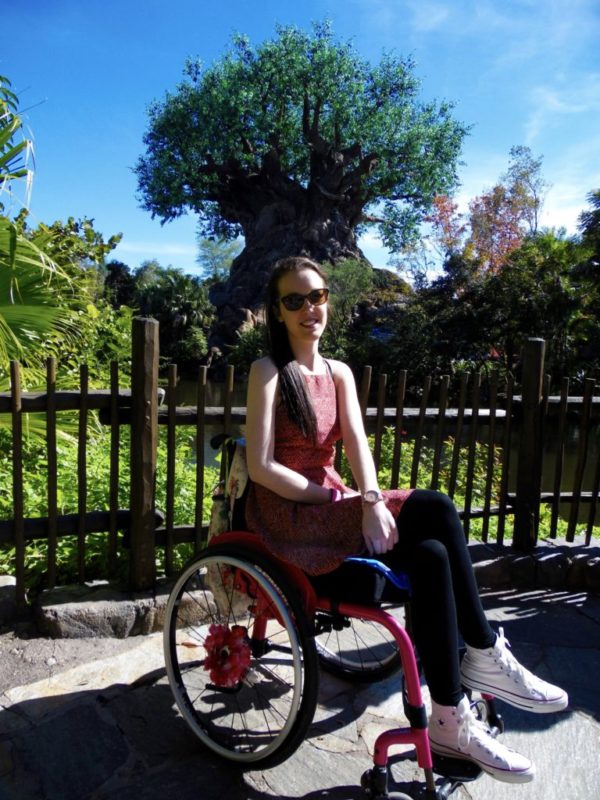
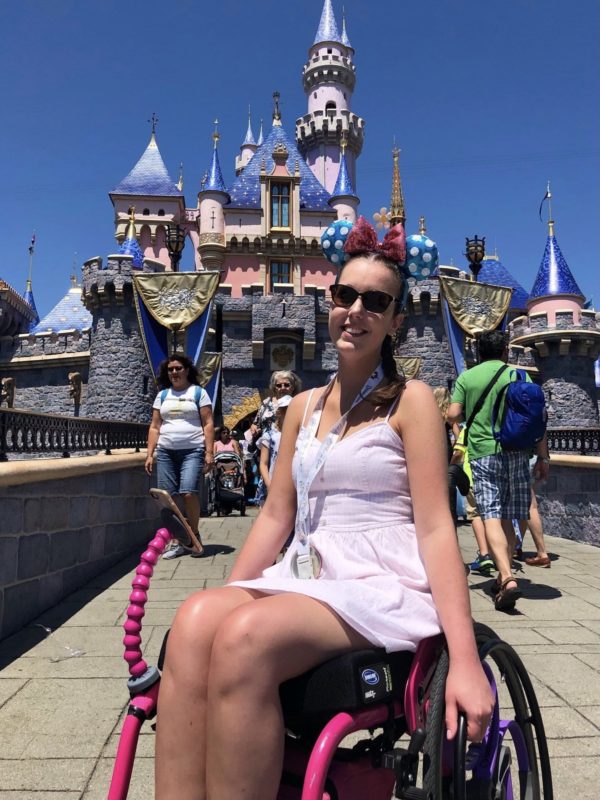
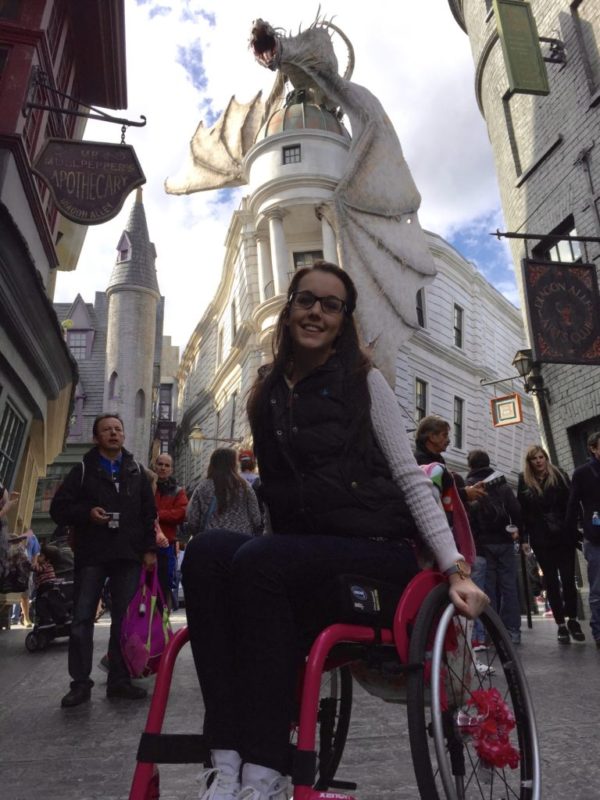
Some wheelchair users may not see this as a hidden benefit, but I love nothing more than being able to treat myself to a nice pair of shoes that aren’t going to hurt my feet, fade over time, or get ruined by unpredictable weather elements!
Learning to find the positive in any situation has got me through some of my darkest moments, which in turn has taught me to appreciate the small things in life. I know this is easier said than done when you are physically and/or mentally suffering, but I hope this post has encouraged you to look at certain situations from a different perspective!
“Life isn’t about waiting for the storm to pass; it’s about learning to dance in the rain!”

Hi, I'm Lauren and I have been living with a collection of disabilities for the past 8 years. I initially had a passion for teaching children with special needs, but my health prevented me from pursuring my dream career. Despite this, I now love nothing more than sharing my experiences to help other people living with disabilities.
Hi, I’m Lori and was diagnosed with Ehlers Danlos Syndrome and a family of co-morbid conditions which has made life highly complex. However I constantly aim to make life as ‘normal’ and fulfilling as possible - and through this, I discovered the benefits of writing about my journey.
 GET IN TOUCH
GET IN TOUCH


